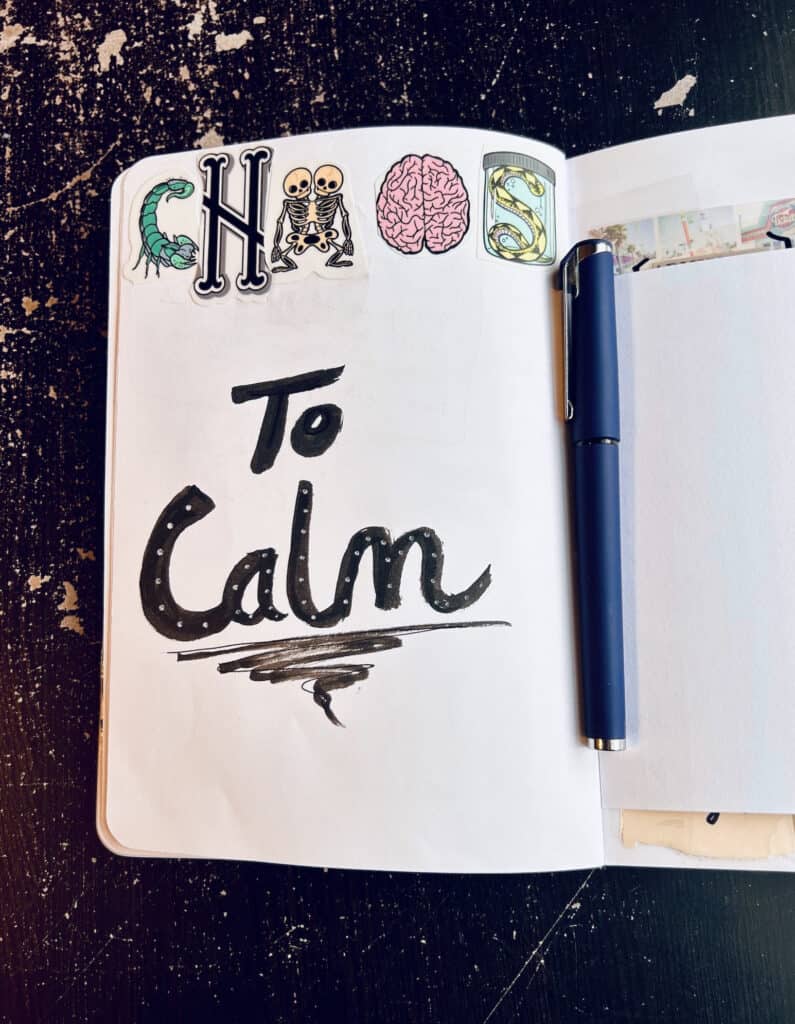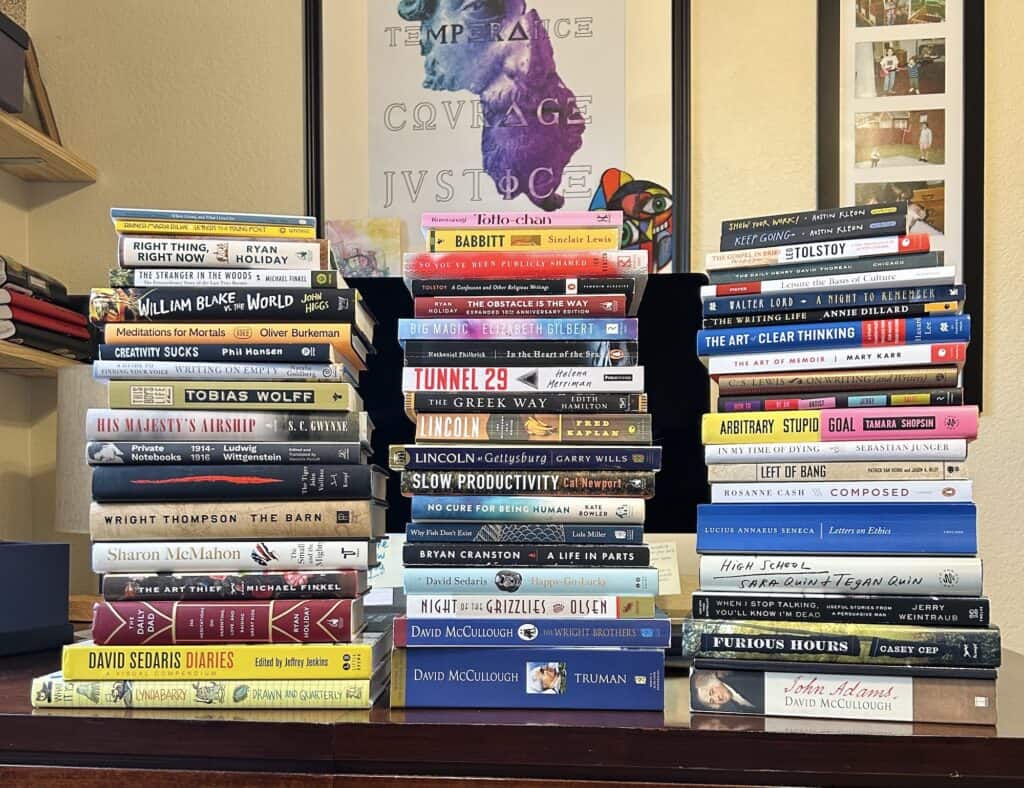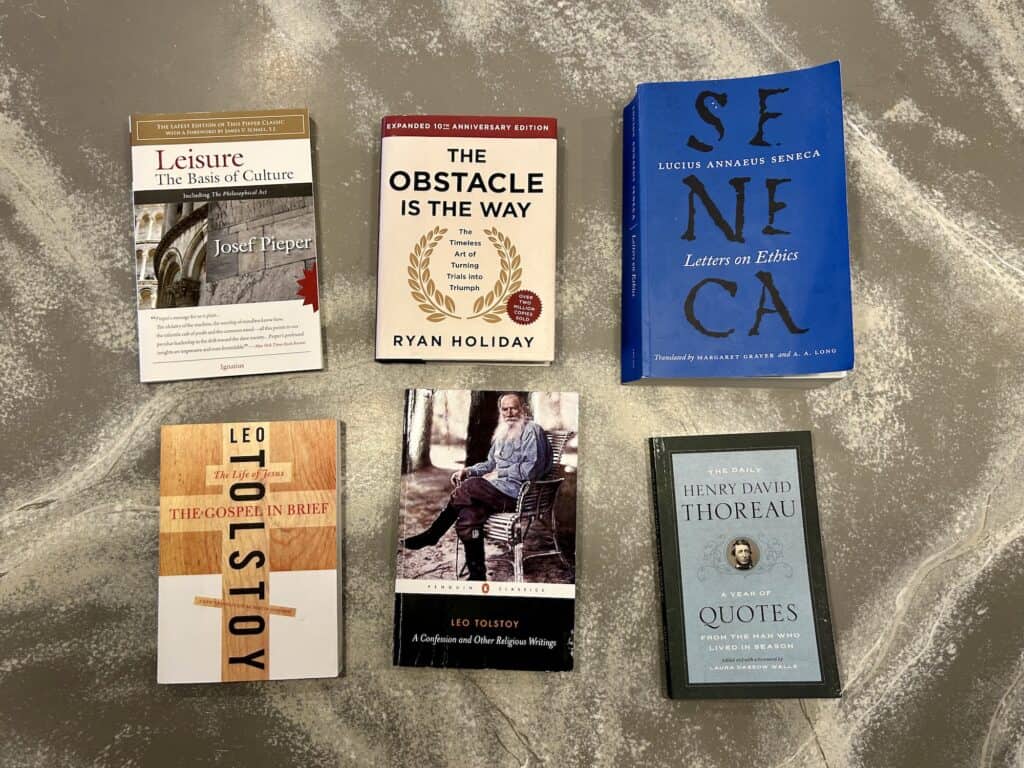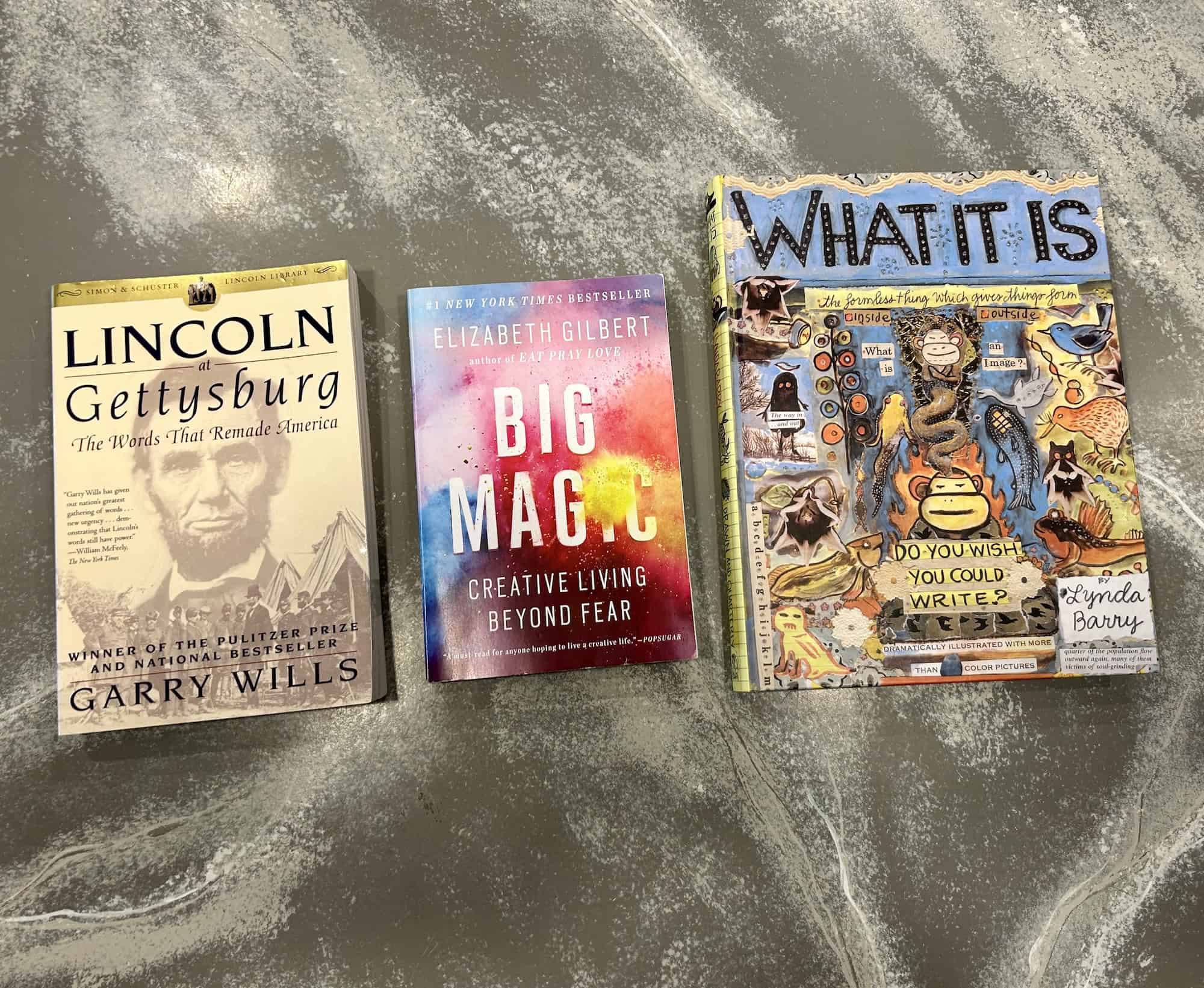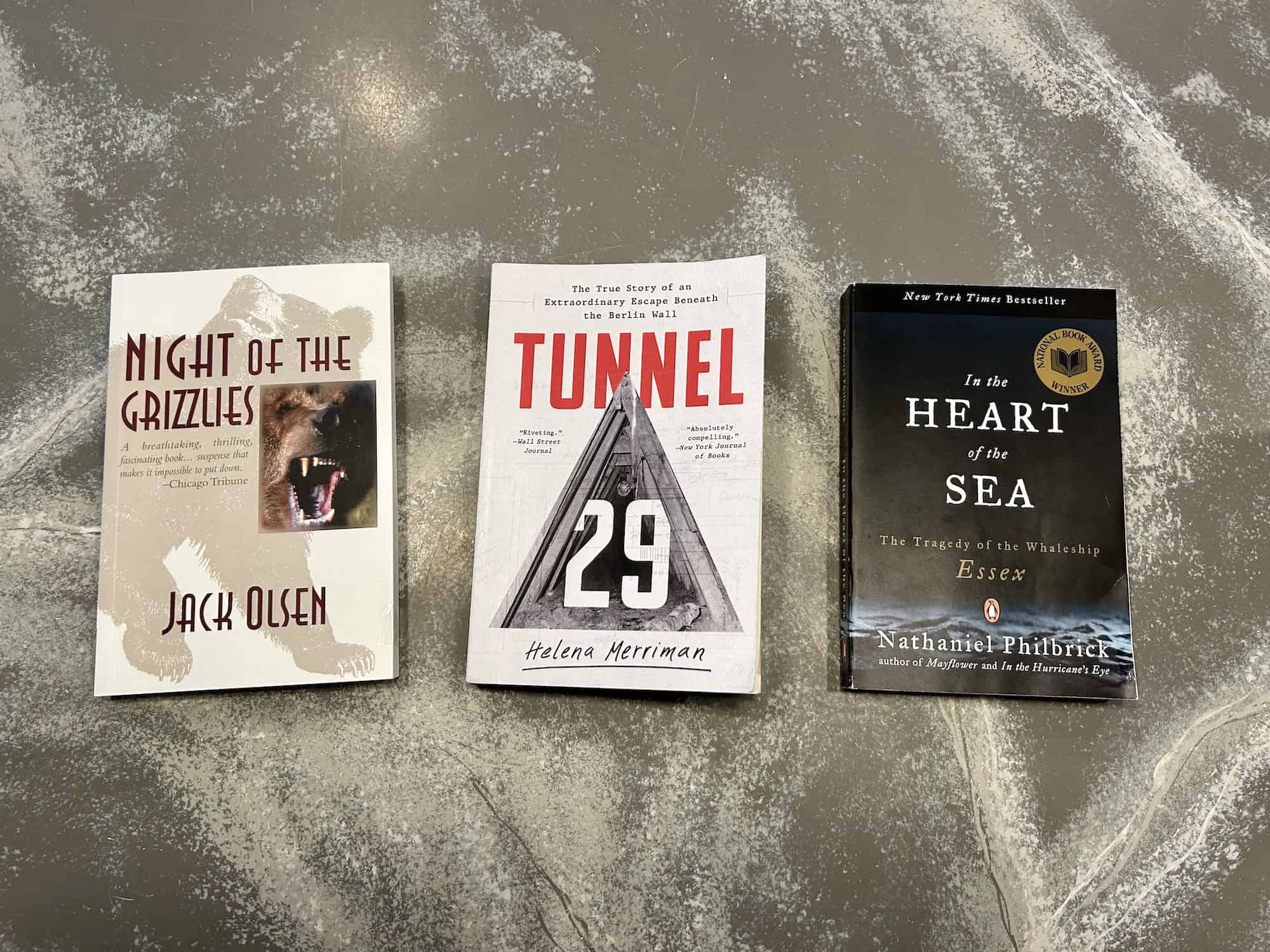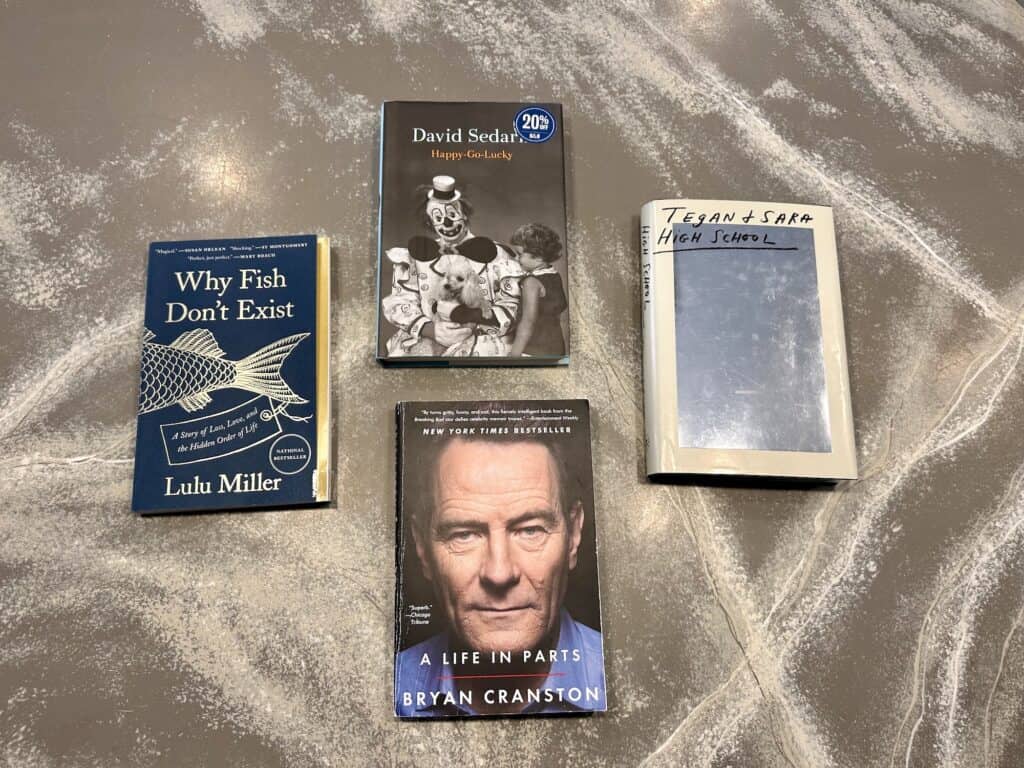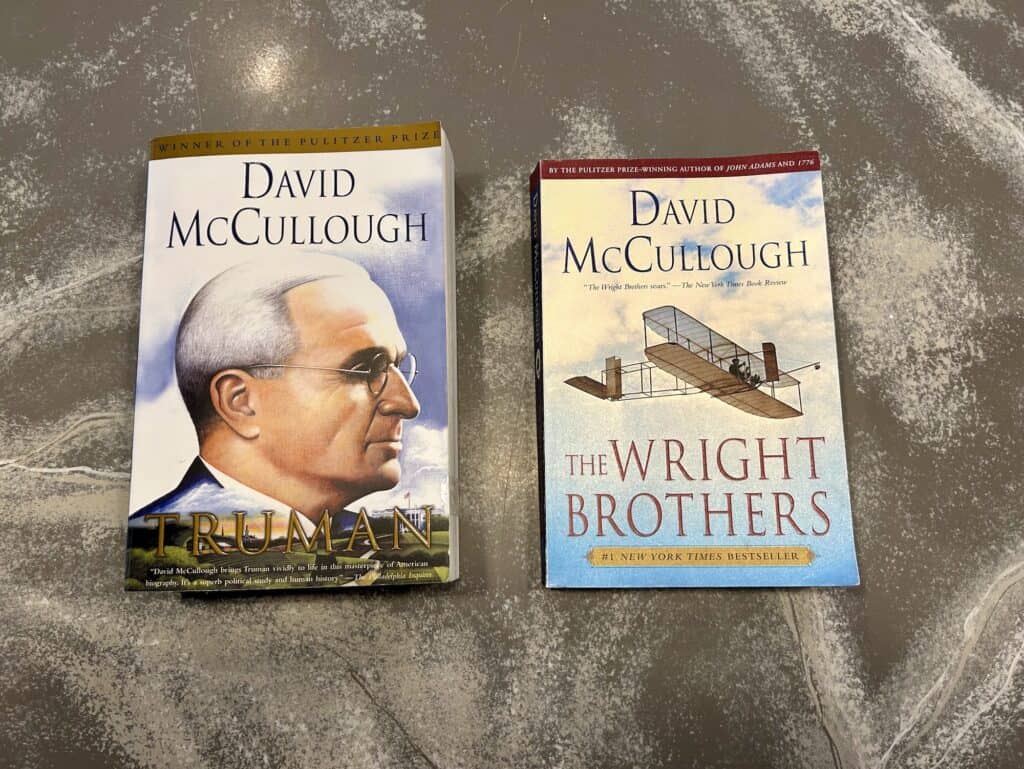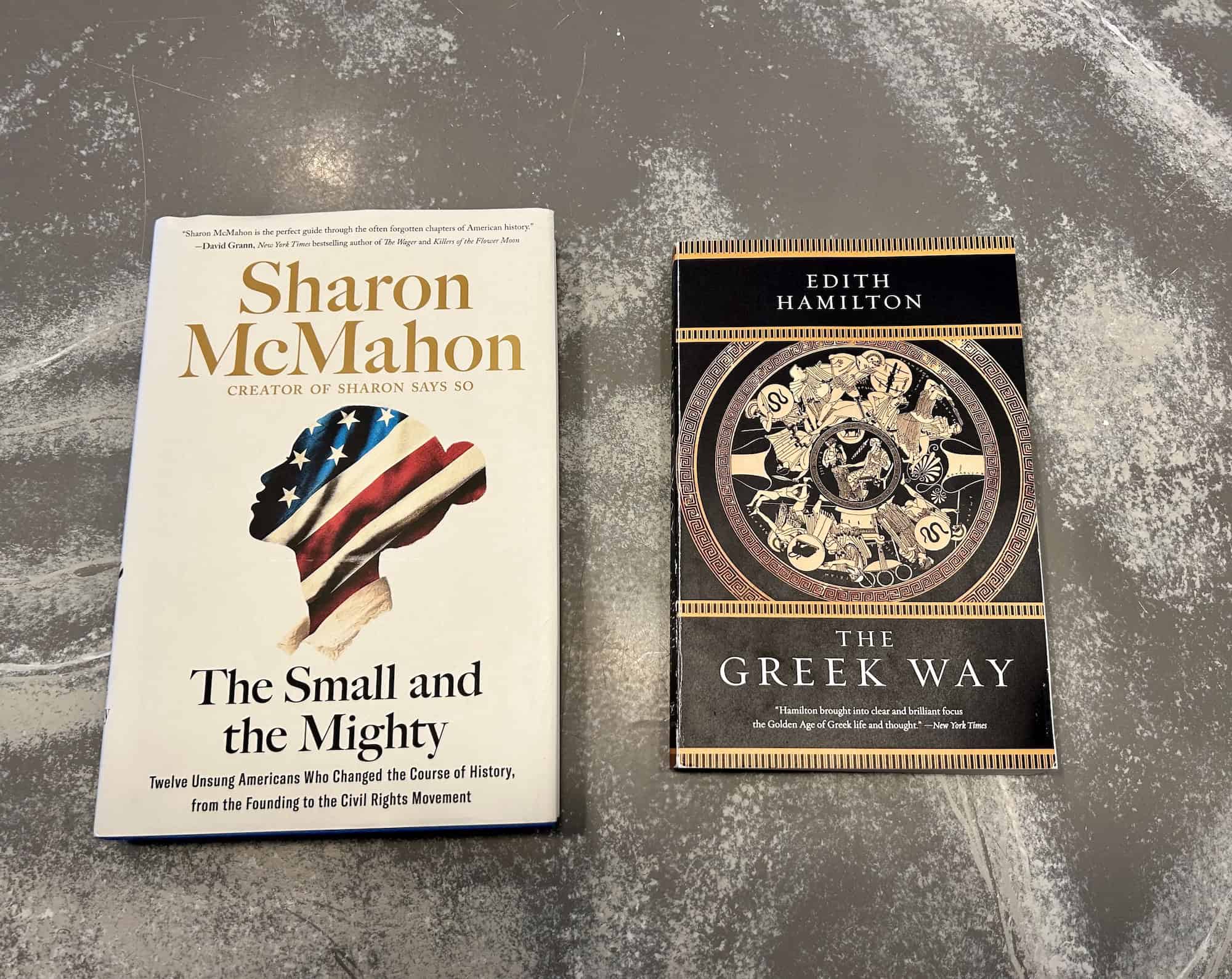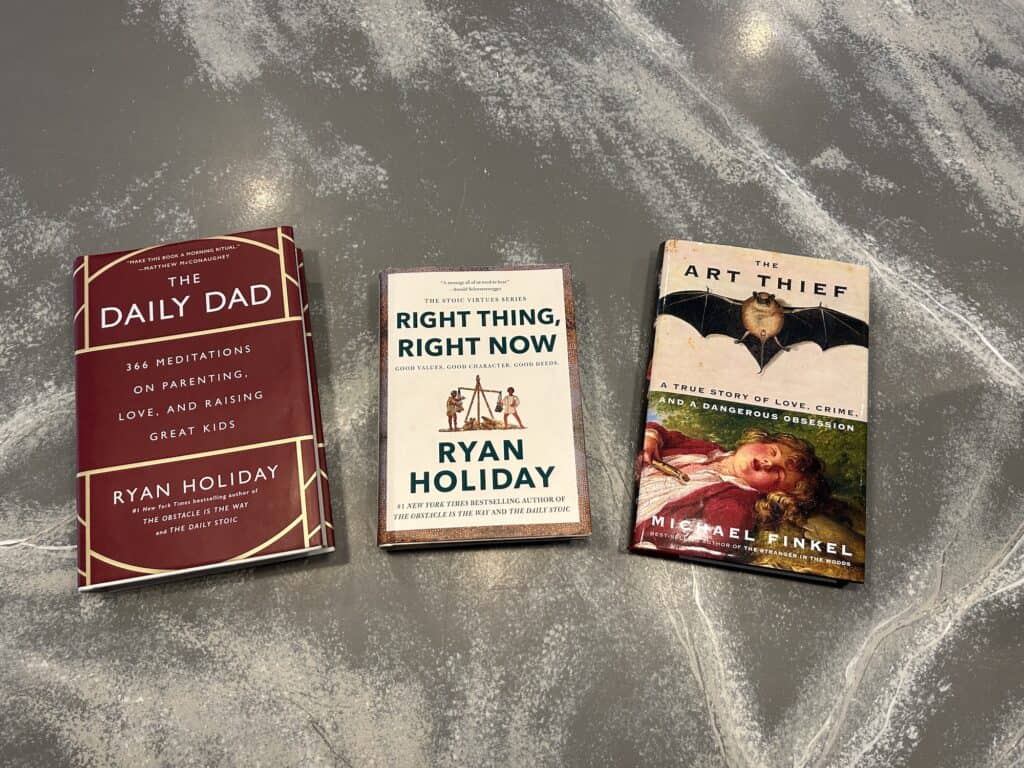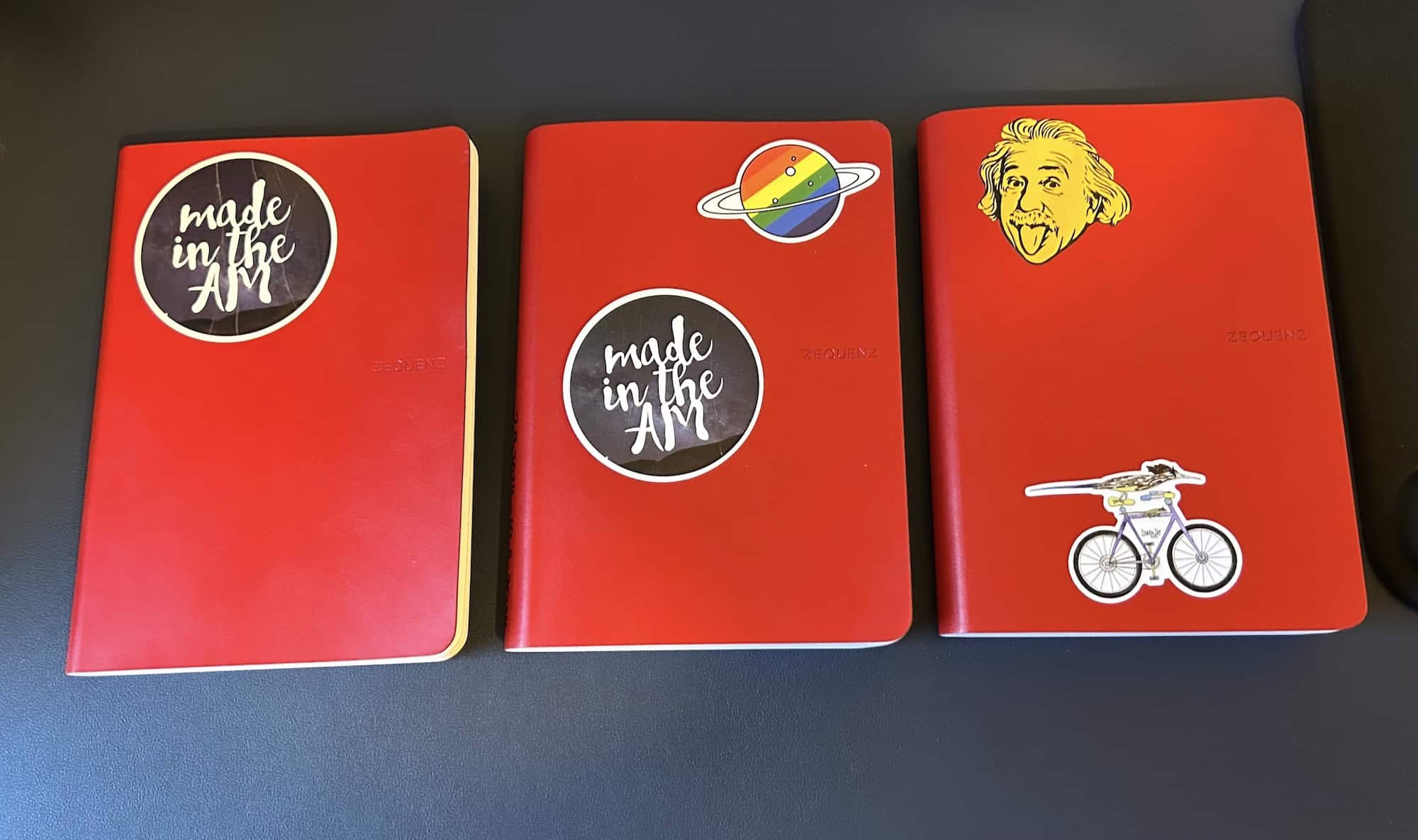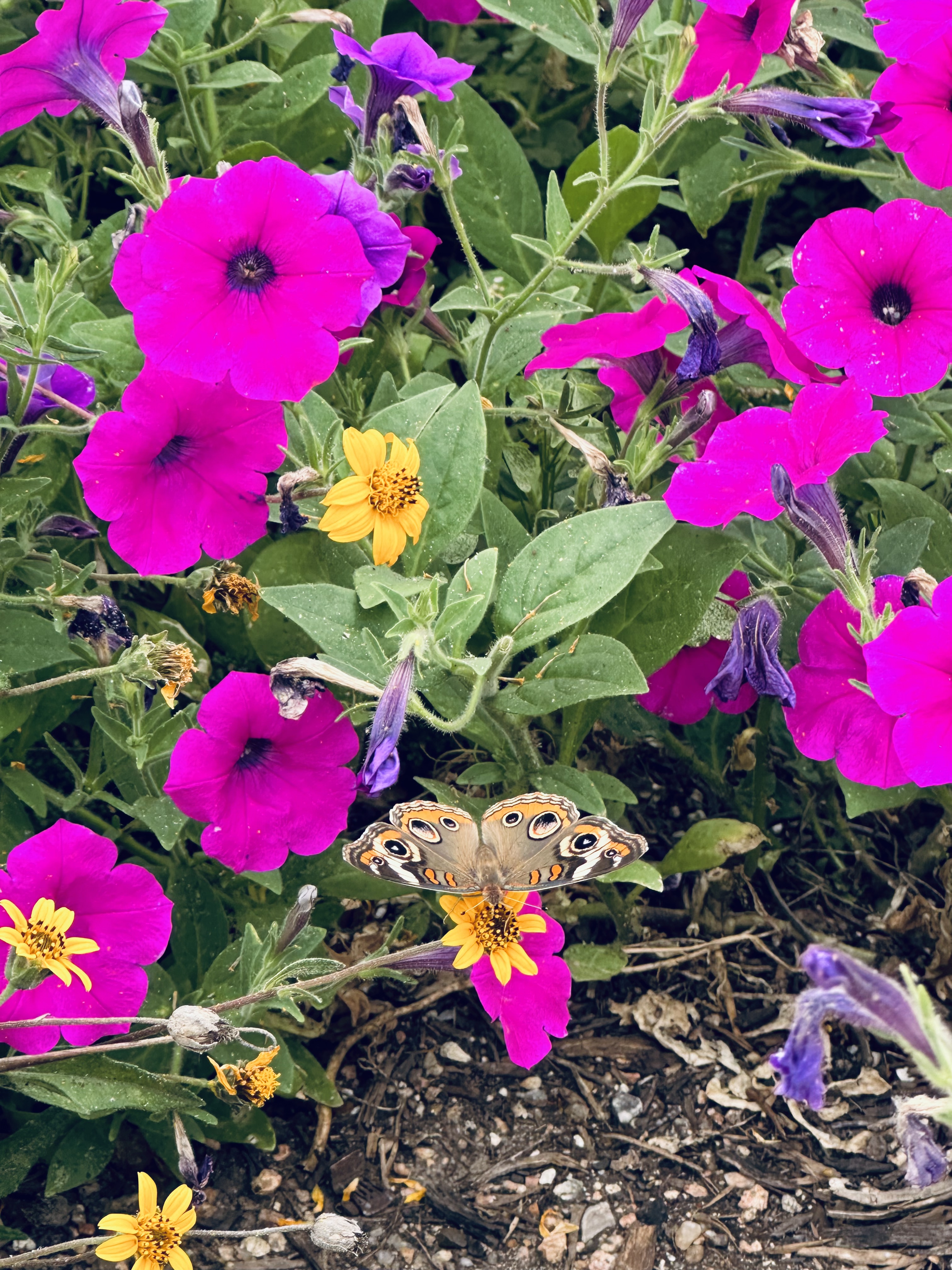Tiny-but-real decisions
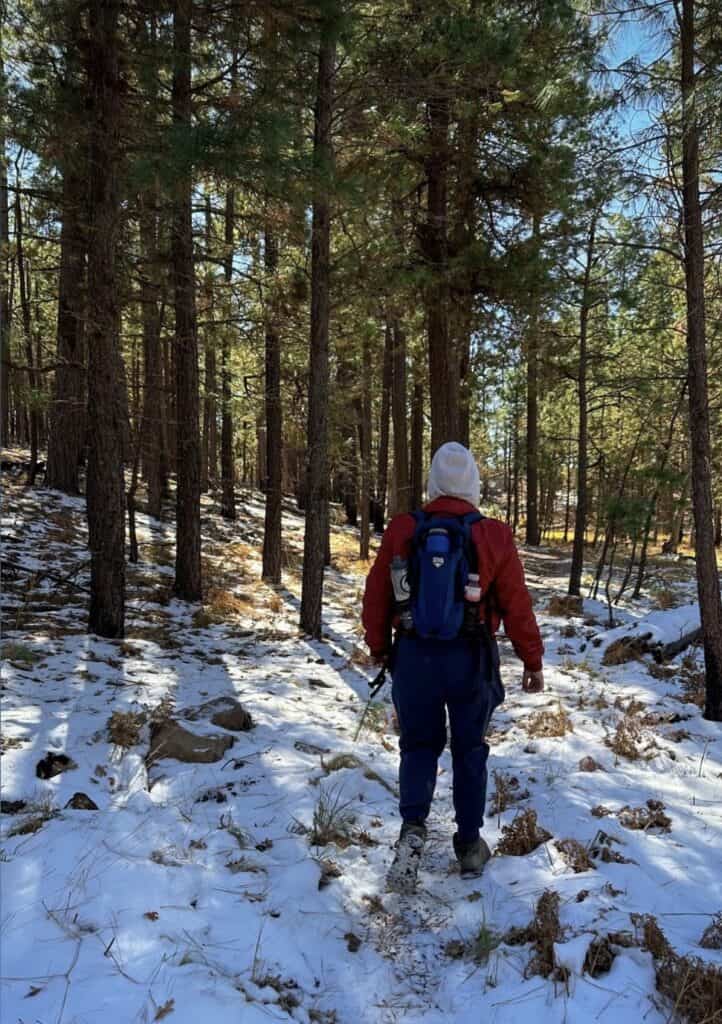
Tiny-But-Real Decisions
In Meditations for Mortals, Oliver Burkeman says the main problem with how we approach decision-making is that we treat decisions as things that happen to us. Should we accept the marriage proposal? Take the job offer?
But the far more life-enhancing approach is not to wait for decisions to come along, but to hunt them. “In other words,” he says, “to operate on the assumption that somewhere, in . . . .your work or your life, lurks at least one decision you could make, right now, in order to get unstuck and get moving.” Steve Chandler refers to this decision-making as a form of choosing—similar-sounding but massively different from ‘trying to decide’ or figuring out what to do next. “You could fritter months trying to work out how to best begin the screenplay you’ve been meaning to write and you might never succeed,” Burkeman writes. “But to take the three opening scenes you’ve been pondering and just choose one is the work of a moment, and unequivocally within your capabilities.”
There are only two rules. The first is that your decision must be an action; you can’t just decide in your mind—you have to take a physical step. The second rule is that the step doesn’t need to be grand. It can be as small as you like.
Keep making these tiny-but-real decisions, and eventually, you’ll reach the point where finishing—the screenplay, the album, the grant proposal—is just the next step.
The solution wasn’t perfect…but they were making progress
In 1881, Booker T. Washington arrived in Tuskegee, Alabama, to be a leader for the new Black industrial schools. At the time, the conditions of schools for Black children “were worse than stables that housed farm animals,” writes Sharon McMahon in The Small and the Mighty. Any money mainly went to the teacher’s measly salaries; there was no money for books or materials. If Washington needed funds, he would have to raise them himself.
Businessman and philanthropist Julius Rosenwald had recently read and was touched by Washington’s autobiography Up from Slavery. The two became friends, and Washington asked Rosenwald to help fund six one-room schools for Black children. Rosenwald, who had recently given nearly all of his fortune away to various charities—about $21 million in today’s dollars—and had a little left over, agreed on the condition that the state and community match his contributions. Booker readily agreed, as he “believed in JR’s philosophy that people appreciate gifts more when they are required to contribute,” writes McMahon. “Making the recipient contribute funds demonstrated that there was public support for the initiative, and it meant that the recipient was likely to take care of the resources it used.”
Over the next two decades, Julius Rosenwald, partnering with Black communities and the Tuskegee Institute, built five thousand schools. The community rallied and gave what they could. One of JR’s employees of the Rosenwald fund said, “I have never seen greater human sacrifices made for the cause of education. Children without shoes on their feet gave from fifty cents to one dollar and old men and old women, whose costumes represented several years of wear, gave from one to five dollars. . . . It should be borne in mind that funds with which this project was completed came from people who represented a poor working class, men who wired at furnaces, women who washed and ironed for white people, and children who chopped cotton in the heat of the day for money to go in their snuff boxes.” Sharon McMahon writes, “Everyone did what they could, where they were, with the resources available to them.”
Thanks to the Rosenwald schools, hundreds of thousands of children were now being educated. The schools were still segregated and unequal, but Booker and JR knew that “they were working within the confines of an existing societal structure . . . . educating students had to be realistic.” Still, they “change[d] the course of history in an imperfect way.” The Rosenwald schools provided education for children who would go on to become famous civil rights leaders, including Maya Angelou. “And so while the schools were not equal or integrated . . . . without their ability to become educated, integration and equality under the law would not have occurred. Education was simply too powerful a weapon, and without the lift from JR, there is little chance that states would have allowed African Americans to wield it.” Without imperfect solutions, without tiny-but-real decisions, progress would not have been made.
Something in the bag at the end of each day
Between 1947 and 1948, President Harry Truman moved at a rapid pace. There was much to do. “Plans had to be conceived and clarified with minimum delay, imagination applied, decisions reached, and always with the realities and imponderables of politics weighed in the balance.” McCullough writes. “The pressure was unrelenting.” In response to critics, naval commander George Elsey would say, “‘You don’t sit down and take time to think through and debate ad nauseam all the points. You don’t have time. Later somebody can sit around for days and weeks and figure out how things might have been done differently. This is all very well and very interesting and quite irrelevant.’”
If there was one thing Harry Truman was good at, it was getting things done. He said his greatest responsibility as President was to make decisions. He had to decide. He had to make a choice and act on it. In one of Harry’s initial meetings with Stalin and Churchill, Churchill proposed they discuss three or four points at each meeting. This frustrated Truman to no end. “‘I don’t want to discuss, I want to decide,’” he’d say. “Truman had kept insisting on results, not talk,” writes McCullough. He wanted “something in the bag at the end of each day.” A tiny-but-real decision. A move forward, imperfect or otherwise.
Books Read:
–The Man with the Golden Typewriter by Fergus Fleming is a collection of letters that Ian Fleming wrote while working on various projects, including the James Bond series. I skimmed through the more obscure and long-winded sections but found some valuable insights on writing, editing, and publishing.
-Did my yearly reading of Meditations.
–The Baby on the Fire Escape by Julie Phillips was fantastic. It’s full of mini-biographies of mothers who were writers and artists and how they navigated creative life and motherhood. Really great stuff in here on self and authenticity.
-Wow. Ethan Mollick’s Co-Intelligence: Living and Working with AI was eye-opening. Imagine a computer that doesn’t simply follow commands but “thinks” alongside you. That’s how Mollick says we should view artificial intelligence. Unlike an Excel spreadsheet that automates repetitive tasks, AI is more like a creative partner you engage with. Whether we like it or not, it’s here and already changing how we live and work. This book should be required reading.
-I LOVED Marva A. Barnett’s To Love is to Act: Les Misérables and Victor Hugo’s Vision for Leading Lives of Conscience. It’s part biography, part deep dive into how and why Huge wrote one of history’s greatest pieces of literature. Hugo fought for the poor, denounced capital punishment, and believed in the power of redemption. The novel’s heart—Jean Valjean vs. Javert, humanity vs. the law—reflects his own battles. Les Misérables, says Barnett, is ultimately a story about love and Hugo’s belief that it wasn’t enough simply to feel love and compassion—one must act on it. His philosophy is succinctly expressed in some of the last words he ever wrote: to love is to act.
